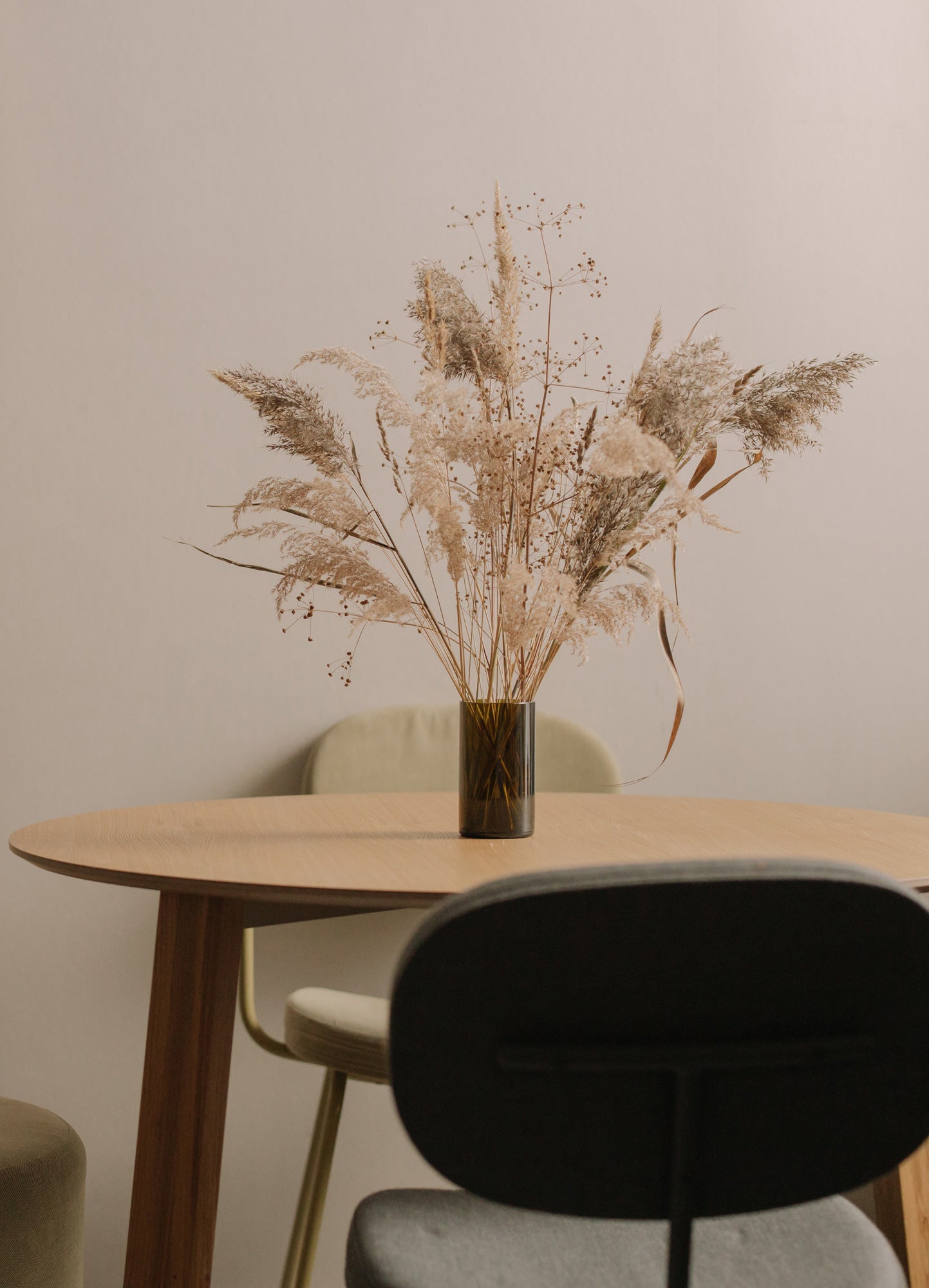The Power of NOW
by Intelligent Change
Eckhart Tolle’s catchy book headline communicates a simple, yet enlightening message: the truest path to living a conscious and fulfilled life is to be present in the now.
The idea of living in the moment and focusing on the present instead of living in the past or worrying about the future is not revolutionary. Many schools of thought and inspirational thought leaders use it as their main postulate, and with good reason: now is the only time we can make an impact.
Yesterday is long gone, and tomorrow hasn’t yet revealed its face. Changing them is the Sisyphean task: endless, fruitless, and unrewarding. Our freedom of choice begins and ends in the now, so let’s play along with it.
As legendary Robin Williams says in the movie Dead Poets Society: “Carpe Diem, seize the day”.
If Not Us, Who? If Not Now, When?
Although we rarely think about it, the benefits of being present right now are immense. The only moment when it’s possible to make difference, work on worthy ideas, engage in meaningful relationships, or have deep, insightful conversations is right now.
While modern-day technology provides us with many amazing things – instant communication, super-fast information processing, information accessibility, and so on –, it also promotes fragmentation, decoherence, and solitude.
Our mind is under the constant pressure of thousands of pieces of information at all times, making it difficult for us to stay focused on one. A mind that constantly transitions between its own needs, the events from the past, and anxieties about the future has a hard time finding focus and being proactive.
Why do we stand up immediately when the plane lands?
Why do we rush to the line to the theatre if we already have tickets with pre-assigned seats?
Waiting makes us anxious and distracted. If we’re constantly rushing, we create an illusion of clarity and power along with a feeling that nothing can sidetrack us. We’re focused on what’s coming up next and, as long as there are no life-threatening distractions, we show no interest in the world around us.
Ruminating the past keeps our heads stuck in the sand in a similar way. While we replay a past situation in an effort to reinvent it, the possibilities to create the present (and thus shape the future) are passing us by.
Don’t we all just want to be happy? Safe, confident, spontaneous, creative, inspired, calm? Or do we want to keep chasing the abstract idea of happiness while also avoiding risks and challenges, waiting for the next Monday to come, and postponing to act?
IT’S CHALLENGING
Being present in the moment is challenging. As Jeffrey Hollender, the well-known American entrepreneur says:
On a good day, I'd say I'm conscious 1 to 2 percent of the time. The rest of the time I'm reacting. Usually, those reactions are not particularly thoughtful. They're just responses, old patterns or the repetition of what I did yesterday.
After surviving the shock of his brother passing away, Jeffrey vowed to himself to honor his brother’s life by being present and conscious in his own to the fullest. He shut off the autopilot for the sake of new possibilities, vision, and action.
He decided to make a conscious effort to always speak his mind, admit it when he did something wrong or had no clue what to do, and ask more questions instead of offering answers.
Becoming more present is a process that requires taking certain steps towards changing our mindset and habits.
As psychologist Debbie Hall, volunteer for the Disaster Mental Health Team of San Diego Red Cross points out, “presence is a noun, not a verb; it’s a state of being, not doing”.
How does one achieve the state of presence? How to live your life to the fullest, right here, right now?
Daily Gratitude Practice

What’s the first thing that goes through your mind after waking up?
Many people spend the first 5 to 15 minutes of their day on their mobile phones, checking their schedules or worrying about the rest of the day.
Instead of allowing these initial anxieties to take over, we can devote our mornings to gratitude. Grab your Five Minute Journal and think about what would make this day great. Is there something to be grateful for today? What gives you a sense of purpose? What grounds you, makes you mindful?
It’s particularly important to find at least one thing to write down on days when it seems like there’s nothing to look forward to. That way, you’ll begin each day with a positivity shot that should stick with you throughout the day.
When the evening comes, try recapping your day by focusing on the good. Think about the moments that made you happy that day, the meaningful conversations you had with other people, or something you did that made you feel fulfilled or proud.
Write it down in your journal and take off to dreamworld with calm and uplifting thoughts in your mind.
Why Does Daily Gratitude Work?
As humans, we’re more sensitive to negative information than we are to positive. We pay way more attention to the events that upset us, than to those that make us smile. While this kind of behavior has its evolutionary roots, it’s possible to overcome it. The practice of gratitude reminds us that there’s good in every situation, no matter how difficult life gets. This can widen our vision and bring a new perspective on things.
Celebrate Every Moment
Expecting the future or ruminating the past steals our nowness. This can de-focus us from the unique experience we can live in the present. Think about all the moments you let something great pass you by instead of stopping for a moment to appreciate the fact that you’re alive and present right here, right now.
Celebration of every living moment is what “here and now” is all about.
Be Your Own Company
When was the last time you spent time with yourself without seeking distractions on Netflix, YouTube, or social media?
Technology, social media, and multitasking contribute to our world being an extremely distracting place. It’s quite common for some people to socialize for the sake of running away from their thoughts.
The culture of binging, scrolling, and meaningless chit-chatting has made alone time a luxury not many people know how to handle.
By getting to know yourself better and becoming a person you’d like to hang out with, you learn how to utilize and enjoy this luxury.
We can learn a lot from becoming our own friend. It helps us grow more observant, focused, and more conscious in everyday life.
Minimize Distractions
As we mentioned above, the state of waiting or doing nothing makes us anxious. We fear boredom as much as we fear our own thoughts. Ironically, the more we fight it with meaningless distractions, the more bored we get.
Skimming through online content only to hypnotize our neurons doesn’t make us feel good about ourselves. Sometimes, we need to disconnect in order to connect. Try to relax instead, listen to music, do breathing exercises, journal, gor for a mindful walk, declutter your space or read a book.
Take it one step at a time and you’ll find it much easier to turn anxiety into mindfulness.
Before You Go

While mindfulness, consciousness, and presence in the moment can sound quite abstract and difficult to achieve, if you start practicing now with purpose and intention, you’ll get there.
Like the Beatles famously sang in Let It Be, embrace the current moment, because that’s when you’re the most powerful, and most susceptible to positive change.










